Introduction
Dried tangerine peel, commonly known as Chenpi in Chinese traditional medicine and cuisine, is a versatile ingredient that boasts a rich history and myriad health benefits. This dried fruit peel, derived from the citrus species Citrus reticulata, has been used for centuries in Chinese medicine to aid digestion, alleviate coughs, and promote overall well-being. In the culinary realm, Chenpi adds a unique depth of flavor to dishes, enhancing both savory and sweet preparations. This comprehensive guide aims to educate readers on the various methods of consuming dried tangerine peel, its nutritional benefits, potential health effects, and tips for incorporating it into daily life.
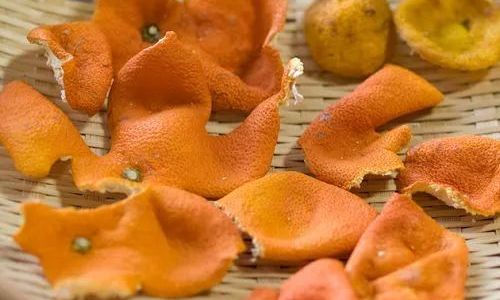
Understanding Chenpi: A Brief History and Overview
The practice of drying tangerine peels for medicinal and culinary purposes dates back thousands of years in China. Initially, it was used as a folk remedy to treat various ailments, including indigestion, respiratory issues, and even stress. Over time, Chenpi gained recognition within the formal framework of traditional Chinese medicine (TCM), where it is classified as a “warming” herb that helps balance qi (energy) flow and harmonize the spleen and stomach meridians.
Chenpi’s unique flavor profile—a blend of citrusy sweetness, earthy bitterness, and a hint of pungency—makes it an indispensable ingredient in many Chinese dishes and beverages. It is particularly valued for its ability to enhance the aroma and taste of foods without overpowering them, adding a subtle complexity that elevates even the simplest recipes.
Types of Chenpi
Before diving into how to consume Chenpi, it’s essential to understand the different types available, as they can vary significantly in taste, texture, and efficacy.
-
Young Chenpi (1-3 Years Old): This variety has a brighter, more citrusy flavor with less developed aroma and bitterness. It is ideal for use in cooking, where its fresh, lively taste can complement dishes without being too overpowering.
-
Aged Chenpi (5-10 Years Old): As Chenpi ages, its flavor mellows, developing a richer, deeper aroma and a slightly sweeter taste. Aged Chenpi is often used in tea blends and traditional medicinal preparations, where its subtle complexity can be fully appreciated.
-
Very Old Chenpi (Over 20 Years Old): These rare, highly valued peels are prized for their medicinal properties and complex flavor profile. They are typically used in high-end culinary creations or as part of sophisticated TCM formulas.
Nutritional Benefits and Health Effects
Chenpi is more than just a flavor enhancer; it is also packed with nutrients and potential health benefits. Here are some of the key nutrients and health effects associated with consuming dried tangerine peel:
-
Rich in Vitamins and Minerals: Chenpi contains vitamins C and A, along with minerals like calcium, potassium, and magnesium. These nutrients contribute to overall health by supporting immune function, skin health, and bone strength.
-
Antioxidant Properties: The citrus bioflavonoids present in Chenpi exhibit antioxidant activity, helping to neutralize free radicals and reduce oxidative stress. This can contribute to slower aging and a lower risk of chronic diseases.
-
Digestive Aid: Chenpi is traditionally used to alleviate digestive issues such as bloating, constipation, and nausea. Its ability to stimulate digestive enzymes and promote qi circulation in the spleen and stomach meridians makes it a valuable addition to post-meal teas and herbal remedies.
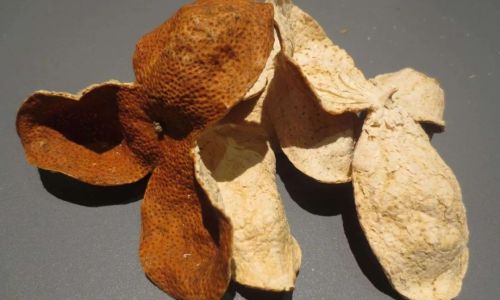
-
Respiratory Support: The expectorant properties of Chenpi can help clear mucus from the respiratory tract, making it useful for treating coughs, colds, and other respiratory conditions.
-
Stress Relief: In TCM, Chenpi is believed to harmonize the liver qi, which can help alleviate stress and promote emotional well-being.
How to Consume Chenpi: Various Methods and Recipes
Chenpi Tea
One of the simplest and most popular ways to consume Chenpi is by brewing it into a tea. Here’s how:
- Ingredients: A small piece of Chenpi (about 2-3 grams), water.
- Instructions: Rinse the Chenpi under running water to remove any dust. Place it in a teapot or cup and pour in hot water. Allow it to steep for 5-10 minutes, then strain and enjoy. For a stronger flavor, you can increase the steeping time or use more Chenpi.
- Tips: Adding a slice of fresh ginger or a few honeysuckle flowers can enhance the tea’s flavor and health benefits.
Chenpi Soup
Chenpi soup is a traditional Chinese dish that combines the flavors of Chenpi with meat, vegetables, and herbs to create a nourishing and flavorful broth.
- Ingredients: Pork ribs or chicken (about 500 grams), Chenpi (1 piece, about 5 grams), ginger (2 slices), water, salt to taste.
- Instructions: Rinse the meat and Chenpi. In a large pot, bring water to a boil and add the meat, Chenpi, and ginger. Reduce the heat to low, cover, and simmer for 1-2 hours until the meat is tender and the broth is fragrant. Season with salt before serving.
- Tips: You can also add other ingredients like red dates, goji berries, or lotus seeds to enhance the soup’s nutritional profile.
Chenpi Candy
Chenpi candy is a sweet treat that combines the benefits of Chenpi with the delight of a chewy candy.
- Ingredients: Chenpi (50 grams), sugar (200 grams), water (100 milliliters).
- Instructions: Finely chop the Chenpi and mix it with sugar and water in a saucepan. Cook over medium heat, stirring constantly, until the mixture thickens and forms a syrup. Continue cooking until the syrup reaches the hard-ball stage (250°F or 121°C on a candy thermometer). Pour the syrup onto a silicone mat or parchment paper, let it cool, and cut into small pieces.
- Tips: You can add a few drops of lemon juice or essential oils like lavender to give the candy extra flavor.
Chenpi Rice Wine
Chenpi rice wine is a traditional Chinese alcoholic beverage that combines the warmth of Chenpi with the richness of rice wine.
- Ingredients: Chenpi (1 piece, about 10 grams), rice wine (500 milliliters).
- Instructions: Rinse the Chenpi and soak it in the rice wine for at least 24 hours. Strain out the Chenpi and enjoy the infused wine chilled or at room temperature.
- Tips: You can also add other herbs like ginseng, wolfberries, or red dates to the wine for additional flavor and health benefits.
Chenpi in Cooking
Chenpi can be used as a seasoning in various dishes, adding a unique depth of flavor to meats, vegetables, and desserts.
- Meat Dishes: Add a small piece of Chenpi to braised pork, beef, or chicken dishes to enhance their aroma and taste.
- Vegetable Stir-Fries: Incorporate finely chopped Chenpi into vegetable stir-fries for a burst of citrusy flavor.
- Desserts: Use Chenpi to flavor cakes, cookies, and puddings, or sprinkle it over yogurt or ice cream for a tangy twist.
Chenpi Oil
Chenpi oil is extracted from dried tangerine peel and can be used as a natural fragrance or aromatherapy oil.
- Instructions: To make Chenpi oil, you’ll need a steam distillation kit. Place the dried Chenpi in the distillation chamber and follow the kit’s instructions for extracting the oil.
- Tips: Chenpi oil can be used in diffusers, added to bathwater, or mixed with carrier oils for massage.
Conclusion
Dried tangerine peel, or Chenpi, is a versatile and nutritious ingredient with a rich history in Chinese medicine and cuisine. Its unique flavor profile and myriad health benefits make it an excellent addition to teas, soups, candies, and various dishes. By understanding the different types of Chenpi and exploring various consumption methods, you can incorporate this ancient remedy into your daily life, enhancing your meals and promoting overall well-being. Whether you’re looking to improve digestion, alleviate respiratory issues, or simply enjoy a unique culinary experience, Chenpi offers a natural and delicious solution. So, the next time you’re in the kitchen or looking for a soothing tea, consider reaching for a piece of Chenpi—your taste buds and body will thank you!
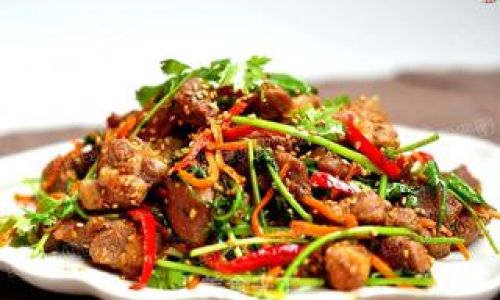
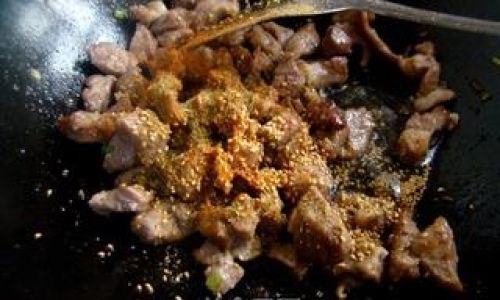
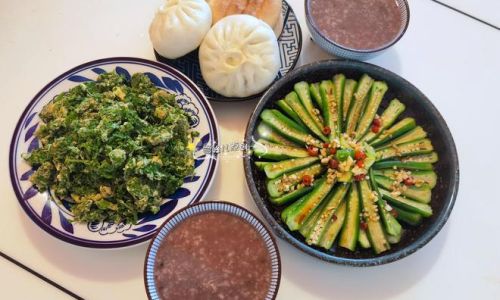


0 comments